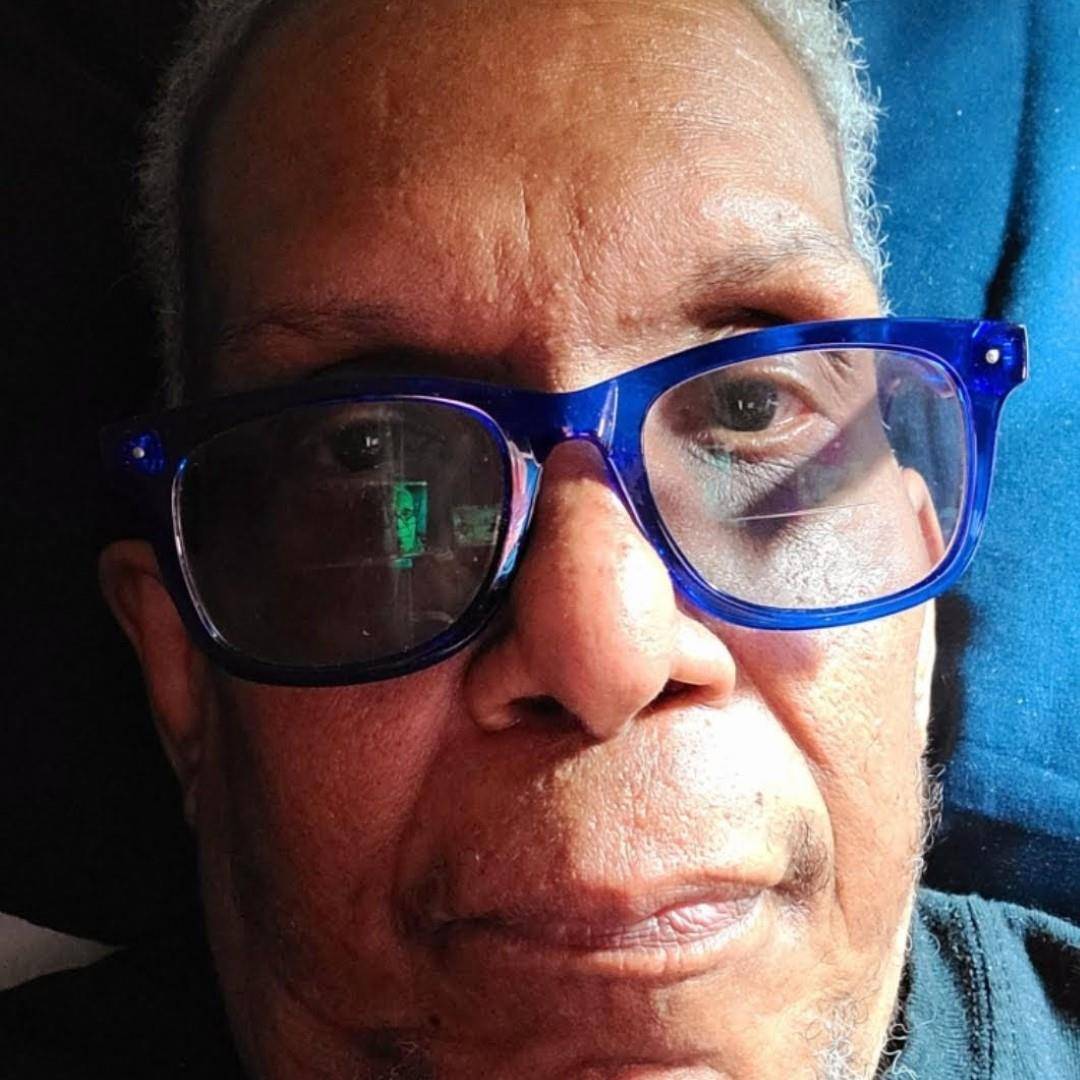The Basics of Web3 Music
Web3 music represents a revolutionary step forward in how music is created, shared, and monetized, leveraging the power of blockchain technology to empower artists and fans alike. Here's a breakdown of the basics to get you started in this exciting new landscape:
1. Decentralization
At its core, Web3 is about moving away from centralized systems. In the music industry, this means reducing reliance on traditional record labels, streaming services, and other intermediaries. Artists can connect directly with their audience, maintaining control over their work and its distribution.
2. Blockchain and Smart Contracts
Blockchain is the foundational technology behind Web3. It's a digital ledger that records transactions across many computers so that the records cannot be altered retroactively. In music, blockchain can be used to create smart contracts, which automatically execute agreements. For instance, smart contracts can be used to split royalties among collaborators immediately when a song is purchased or streamed, ensuring everyone gets paid fairly and promptly.
3. Tokenization
Tokenization in Web3 music involves creating digital assets, like cryptocurrencies or tokens, that can represent various rights or goods. This could include ownership rights to a piece of music, access to exclusive content, or even shares in future earnings. Fans can buy, sell, or hold these tokens, which helps artists to generate revenue upfront and fans to potentially profit from the success of their favorite artists.
4. Non-Fungible Tokens (NFTs)
NFTs are unique digital tokens that can represent ownership of a specific item or piece of content. For musicians, NFTs open up new possibilities for monetizing their work by selling digital merchandise, limited edition recordings, or artwork. Each NFT can also include built-in royalties, meaning artists continue to earn money from their work whenever it's resold.
5. Decentralized Platforms
There are numerous platforms in the Web3 space where artists can upload and share their music without needing a traditional music distributor. These platforms often offer better transparency in terms of data and earnings and give artists more control over how their music is priced and distributed.
6. Fan Engagement and Community Building
Web3 greatly enhances the ability for artists to engage with their fans. Through token-based systems, fans can be rewarded for promoting their favorite artists or gain access to exclusive community events, creating a deeper connection and loyalty to the artist.
7. Transparent Royalty Distribution
One of the biggest benefits of Web3 for music is the transparency and fairness in royalty distribution. Blockchain technology makes it possible to clearly track who listens to what, and smart contracts ensure that royalties are paid accordingly, reducing disputes and the need for external auditing.
Conclusion
Web3 music harnesses the power of blockchain to create a more equitable, transparent, and artist-focused music industry. It offers artists unprecedented control over their work and closer connections with their audience, while fans enjoy unique experiences and potentially share in the success of their favorite artists. This shift not only promises to reshape how music is consumed and valued but also empowers artists and fans to directly contribute to the thriving music ecosystem.
Start Your Web3 Music Journey

About Dwight Miller
With a dynamic career spanning the realms of technology and music, I've established myself as a pioneering entrepreneur at the intersection of innovation and creativity.
Beginning in the computer industry, I honed my skills as a computer engineer and educator, notably training engineers at Cape Canaveral and immersing myself in the cutting-edge world of technology. Transitioning to the music industry, I co-founded PKB Arts & Entertainment, producing iconic events such as the St. Lucia Jazz Festival and collaborating with legendary artists including Carlos Santana, Luther Vandross, and Patti Labelle.
Amidst the challenges of the pandemic, I delved into blockchain technology, aiming to revolutionize the music industry by empowering musicians through Web3 technology. My vision is to create a more equitable and sustainable music ecosystem, where artists thrive and technology serves as a catalyst for positive change. As I continue to navigate the ever-evolving landscape of entrepreneurship, I remain committed to driving progress and leaving a lasting impact on both industries.
